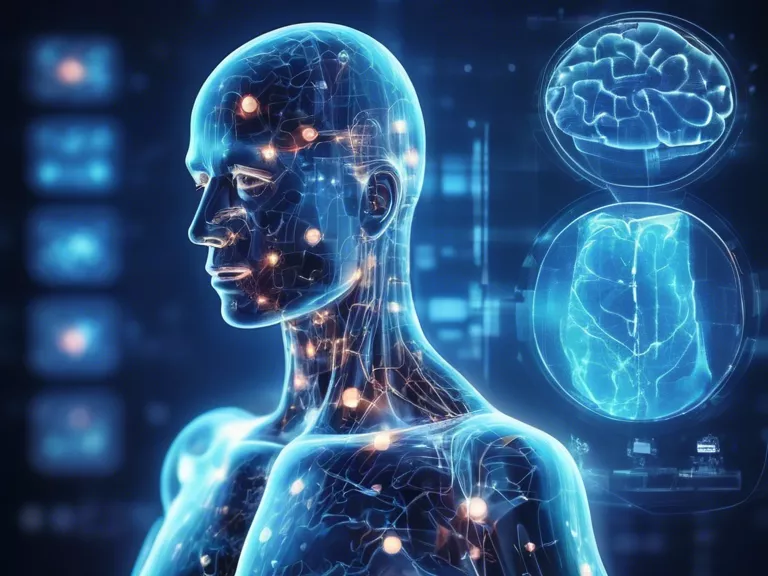
Artificial Intelligence (AI) is revolutionizing the way chronic health conditions are diagnosed and managed. In this article, we explore the role of AI in healthcare and how it is transforming the treatment of chronic diseases.
Chronic health conditions, such as diabetes, heart disease, and asthma, require ongoing monitoring and management to prevent complications and improve quality of life. AI technologies, such as machine learning algorithms and predictive analytics, are being used to analyze vast amounts of patient data and provide personalized insights into individual health conditions.
One of the key benefits of AI in diagnosing chronic health conditions is its ability to detect patterns and trends that human healthcare providers may miss. By analyzing biomarkers, genetic data, medical imaging, and electronic health records, AI systems can identify early warning signs of disease progression and recommend appropriate interventions.
In addition to diagnosing chronic conditions, AI is also playing a crucial role in managing these conditions. For example, AI-powered monitoring devices can track vital signs, medication adherence, and lifestyle factors in real-time, allowing healthcare providers to make timely interventions and adjust treatment plans as needed.
Furthermore, AI can help predict disease outcomes and suggest personalized treatment options based on individual patient data. By analyzing historical treatment data and clinical outcomes, AI algorithms can recommend the most effective therapies for each patient, leading to better health outcomes and reduced healthcare costs.
Overall, the role of AI in diagnosing and managing chronic health conditions is steadily evolving, and its impact on the healthcare industry is significant. As AI technologies continue to advance, we can expect to see more personalized, efficient, and effective treatment options for individuals with chronic diseases.



